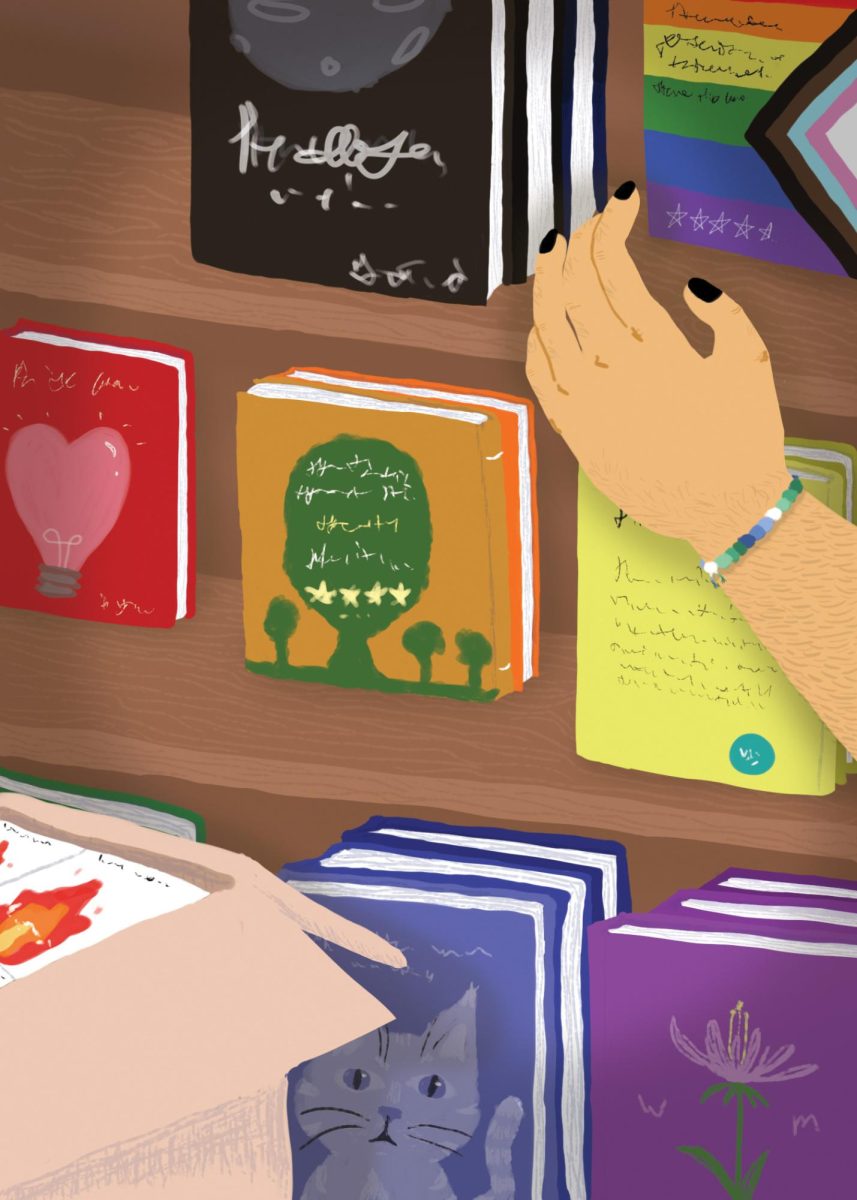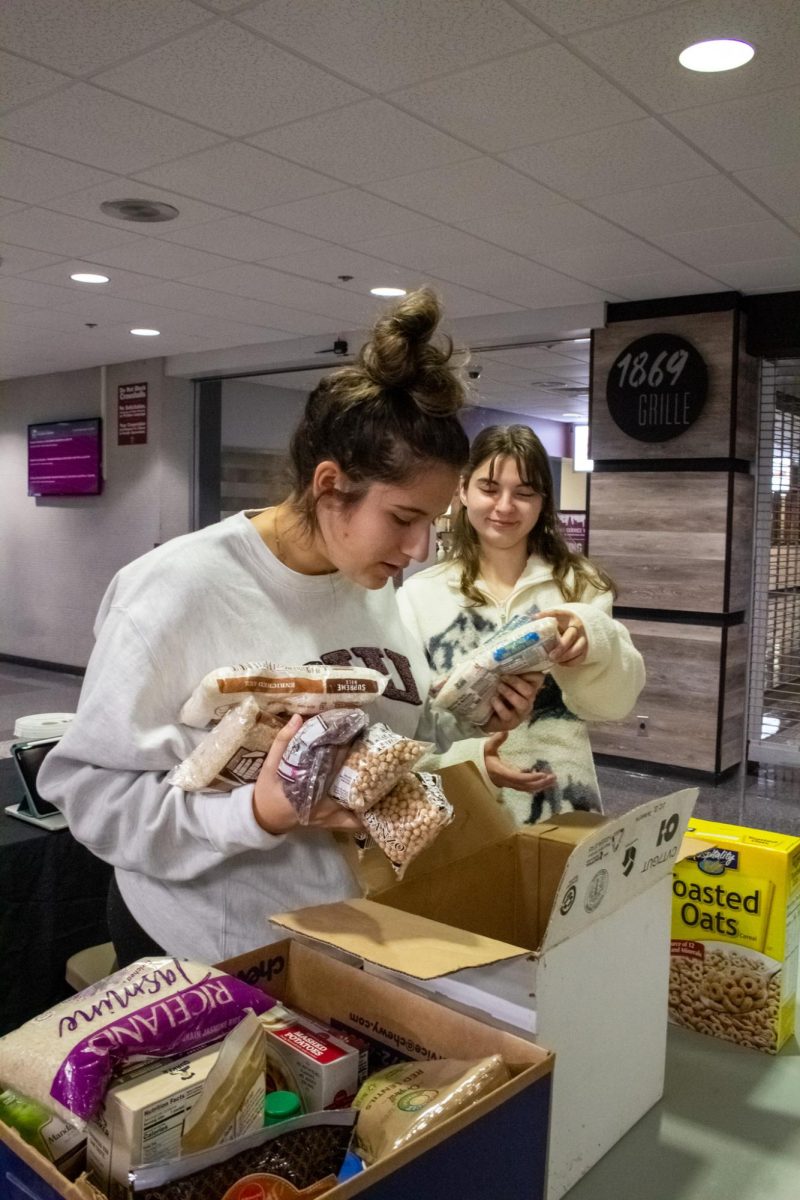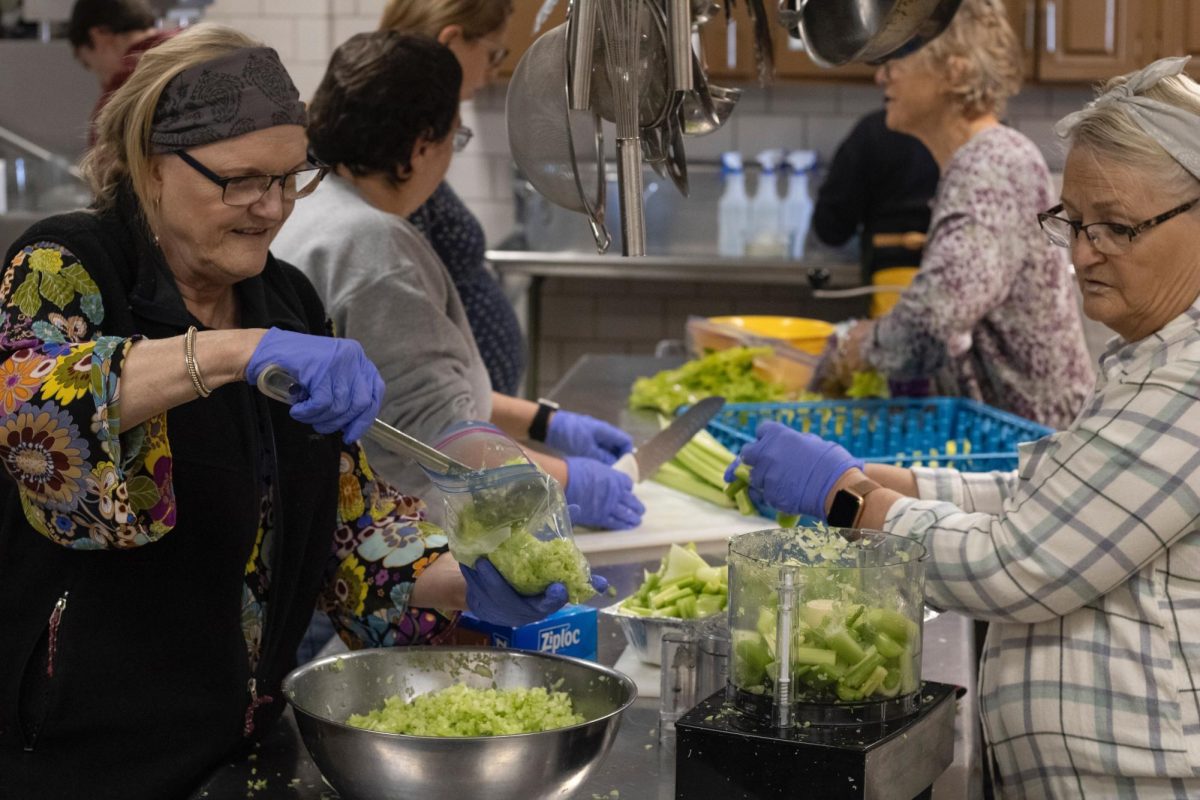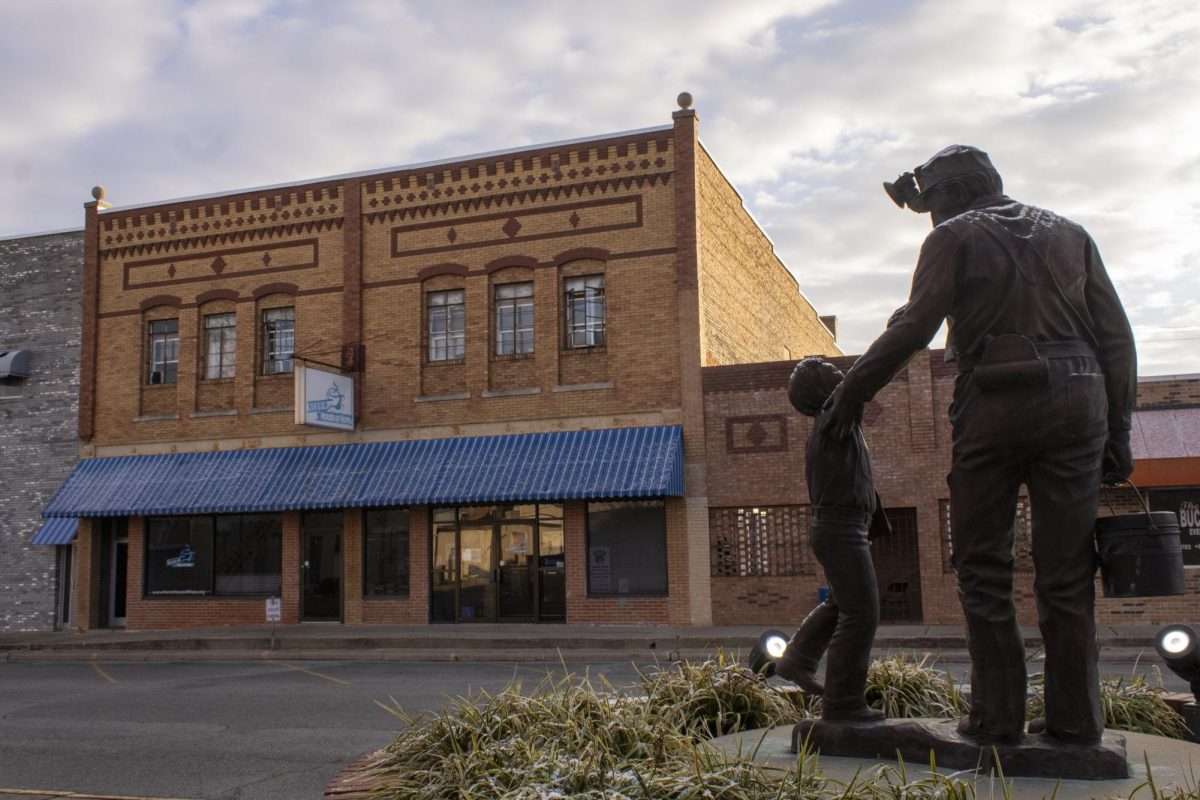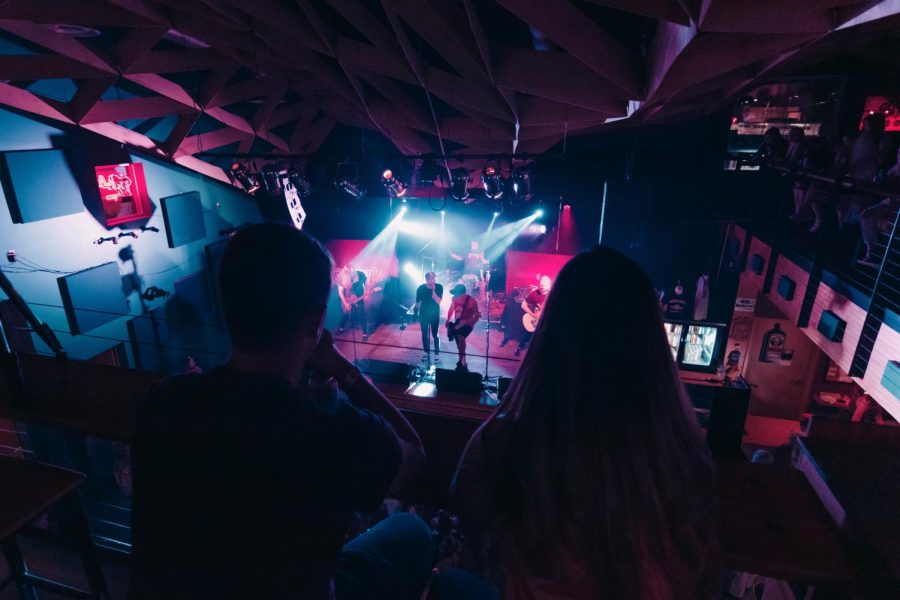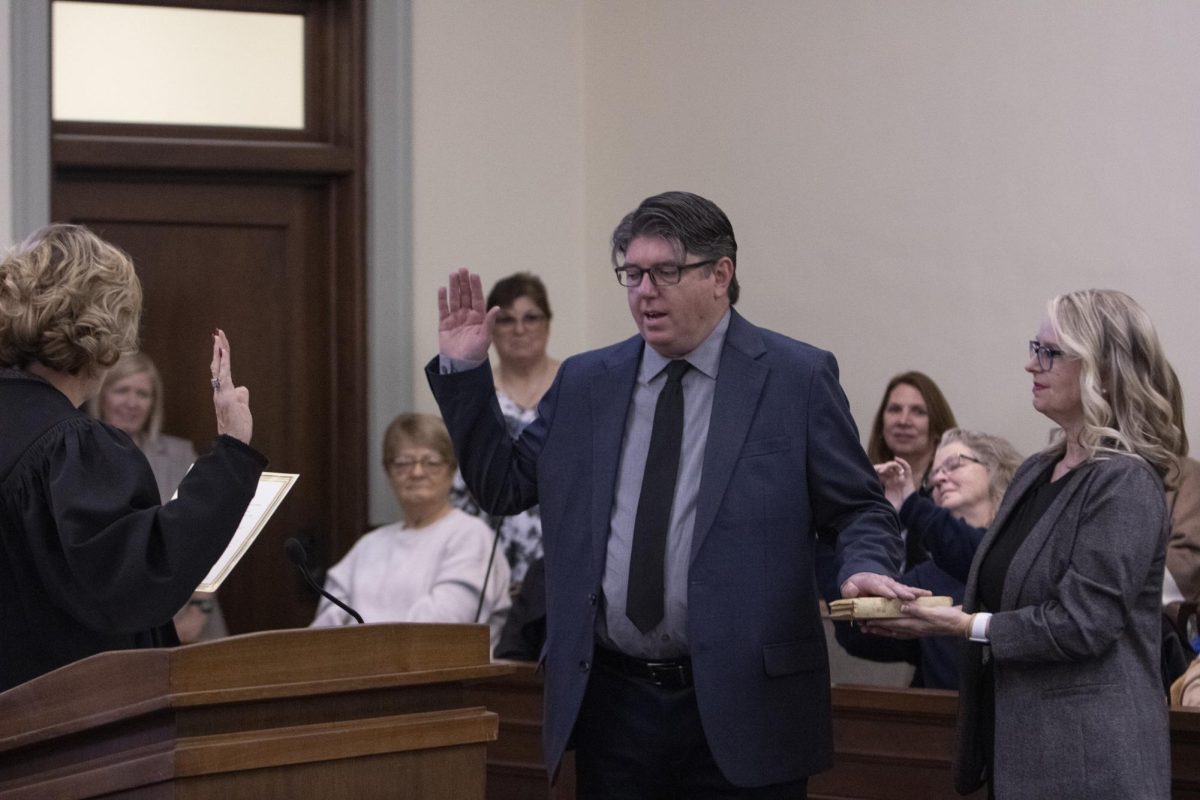As of January 1, banning books is illegal in the state of Illinois. Governor J.B. Pritzker signed House Bill 2789, better known as the Banned Book Ban law, over the summer.
Pritzker has been a vocal supporter of the bill.
At the bill signing at Harold Washington Library in Chicago he said, “Young people shouldn’t be kept from learning about the realities of our world; I want them to become critical thinkers, exposed to ideas that they disagree with, proud of what our nation has overcome and thoughtful about what comes next.”
Advertisement
He followed with, “Everyone deserves to see themselves reflected in the books they read, the art they see, the history they learn. In Illinois, we are showing the nation what it really looks like to stand up for liberty.”
The new law protects the freedom of libraries to acquire materials without external limitations. The law tasks libraries and state librarians in Illinois with adopting the American Library Association’s Library Bill of Rights.
This bill of rights indicates that reading materials should not be proscribed, removed or restricted because of partisan or personal disapproval. Illinois libraries would only be eligible for state-funded grants if they adopt it.
Kevin Fee, senior special litigation counsel at the American Civil Liberties Union, called the law “a powerful statement of public policy against book banning” while cautioning that it’s not a cure-all.
Across the country, schools have banned books about race, gender identity, and sexual orientation. In total, 2,571 unique titles, most written by or about LGBTQ+, Black, POC or Indigenous people were targeted for censorship last year, 1,200 of those were censored.
Many of the book bans occur in the South, but there were 67 attempts to ban books in Illinois in 2022.
Recently, there was a secret vote by the Yorkville School Board to bar the inclusion of Just Mercy by Bryan Stevenson. Of the 13 most challenged books last year, four are tied at 10th place and seven of them involve LGBTQIA+ content.
Advertisement*
Source: American Library Association
While it might seem like advocates have a handle on keeping track of when books are being censored, Fee says it is difficult to catch all of the attempts to ban these books.
“The real challenge is keeping tabs on all of these things because these book bans don’t always happen in a public way. I mean, sometimes they do. Sometimes the book bans are brought before public library boards or city councils, or other bodies and communities allow the community members to debate these things. And in those cases, they’re fairly visible, but sometimes you see what we call quiet bans, where local librarians or even parents pull books from the shelves themselves, and in that instance, it can be a lot harder to track,” Fee said.
While it might seem like it’s a hard task, Fee says that with the help of members in the community it’s easier to keep track of and make sure libraries follow the rules put in place by Pritzker and the ALA.
“We really are reliant on folks in their communities contacting us when they get wind of improper programming activity going on. But we’re always on the lookout for the more public debates about book banning that pops up from time to time in communities throughout Illinois,” Fee said.
Inclusive school law
Four years earlier, the General Assembly passed House Bill 246, also known as the Inclusive Curriculum Law. It passed along mostly partisan lines, with only a handful of Republicans voting yes.
Since it went into effect in the summer of 2020, schools have been required to teach about “roles and contributions of lesbian, gay, bisexual and transgender people in the history of this country and this state.”
“For every parent that feels strongly one way on a particular story, let’s say the story of race in this country or slavery in this country, there are other parents who feel quite the opposite. So that’s a conflict that’s built into a free society,” said John Jackson, visiting professor at the Paul Simon Public Policy Institute.
How and why is this being done?
Communications Director for the ACLU of Illinois, Ed Yohnka, said the proposal would provide for the teaching of LGBTQ history to students in and across Illinois, mainly by creating a block program for giving schools the ability to buy textbooks that reflect the history and sketch it out in a way to tell what had been largely untold stories about the contributions that gays and lesbians have made to American society, both in modern times, mainly throughout our country’s history.
This legislation goes throughout the public school system. Looking at the Illinois Instructional Mandates for the 2023-2024 school year, all public schools must teach about the contributions of members of the LGBTQ community, the grade levels were not specified.
We were not able to find out what happens if or when a school fails to comply with the Inclusive Curriculum Law.
We attempted to reach out to several members of Pritzker’s communications team but were unsuccessful. Equality Illinois, Illinois Safe Schools Alliance, and The Legacy Project all helped to create an Inclusive Curriculum Implementation Guidance package, where they build a framework for inquiry-based learning; topics such as “How did the Stonewall Riots incite the gay liberation movement,” “What or who did the gay liberation movement leave behind,” and “The gay liberation movement did leave groups of LGBTQ+ people behind, however.”
Illinois passed this bill around the time when politicians started arguing what students should be taught and exposed to in school.
As the years have passed, this argument has increased in strength with those opposed going as far as calling for certain books to be banned from school and even public libraries.
Jackson said that many parents may be having trouble with the new topics being taught to students.
“I think some parents have a hard time realizing that education is about broadening the horizons of students that go to school, whether it’s off to the first grade or whether it’s going to universities and everything in between. Parents are the first agent of socialization, as we call it, in political science. But then very quickly, they’re not the only agent, and the next agent of socialization is the school system. And then you get peer groups, particularly when you’re a teenager, and then you get interest groups. And the mass media very, very important later on, as students mature and parents have a hard time realizing that expanding students’ horizons and making them, for example, aware that we had slavery in this country and then what happened in the Civil War and then what happened in Jim Crow is very much part of American history. And no amount of trying to shield their youngsters from that, it’s still a fact of American history. And if you’re going to be educated, you have to understand that,” Jackson said.
Many resources available for LGBTQ+ community
While other states are passing anti-LGBTQ+ legislation, Illinois is establishing itself as a safe haven.
In addition to several new laws championed by the LGBTQ+ community, we also were able to identify numerous resources and other positive developments in our surrounding area that benefit the LGBTQ+ community.
Juniper Oxford is the coordinator of the LGBTQ+ Resource Center at Southern Illinois University Carbondale. Oxford said coming back to SIU felt like a homecoming and that she chose to come back to work with her community around her.
“It really comes down to me realizing that what I wanted to do was, you know, work with my community and start, you know getting away from,the book stacks and everything, and getting into actual conversations that we can have and learning oral history as well through discussions with people who have been around.”
This resource center provides support for LGBTQ+ identifying individuals and their allies and helps to further educate others about the community.
One service that is offered, for instance, could be helping someone who is transgender make sure their preferred name is used.
“We do referrals to a bunch of other centers and departments on campus. We’re here to be advocates. So, you know, we have the Outlaw Clinic and the Legal Clinic here on campus, they help with legal name changes, legal gender changes, those kinds of things.”
Oxford says they are there to help guide students towards those resources and to help them on the informational side of things to help make sure they fully understand and know what resources they have at their disposal.
“The resource center is a great bridge to counseling and psychological services. I can do referrals over there, too. In fact, we have a couple of people from campus in our hallway, thankfully,” Oxford said.
There have also been key victories for the LGBTQ+ community in the state.
Earlier this year, Clare Killman became the first transgender person to be elected to city council in Illinois. Not only did she make history, but she also has been hard at work to make sure Illinois is a safe place for everyone.
In July, not long after she was elected, Killman said that she and her colleagues on the council passed a new title in Carbondale’s City Code, one that Killman said ensures human rights for all people who exist within the city limits of Carbondale.
Killman said the new code includes numerous protections, including a specific chapter devoted to bodily autonomy so that people seeking health care services here, be they LGBTQ or otherwise, will find safe refuge and will not be extradited to states who might be hostile for their reasons to come here.
While it may be more challenging for students at the high school level. There are still resources for them as well.
Over the course of a few months we reached out to many different schools in the Southern Illinois region to see what resources they had for LGBTQ students. Two did not respond, but one, Carbondale Community High School, is a bright spot.
Ryan Thomas, principal for CCHS, said in an email that the school takes great pride in establishing and maintaining a safe, accepting, and inclusive learning environment for all students.
CCHS, he said, “has an active Gay Straight Alliance organization that is led by students and faculty members. GSA meets at least monthly and participates in events such as The Day of Silence and events outside of the school day, such as the recent Take Back the Night march.”
“CCHS has a wonderful team of school social workers and counselors that support all our students daily, including our LGBTQ+ students,” Thomas said.
Another great resource in our community is Rainbow Cafe, located on North Illinois Avenue in Carbondale, which offers programming for teenagers and young adults in the area.
Any SIU student wanting more information can call the Resource Center at 618-453-3740 or by going visiting
https://smrc.siu.edu/lgbtq/ .
Advertisement



